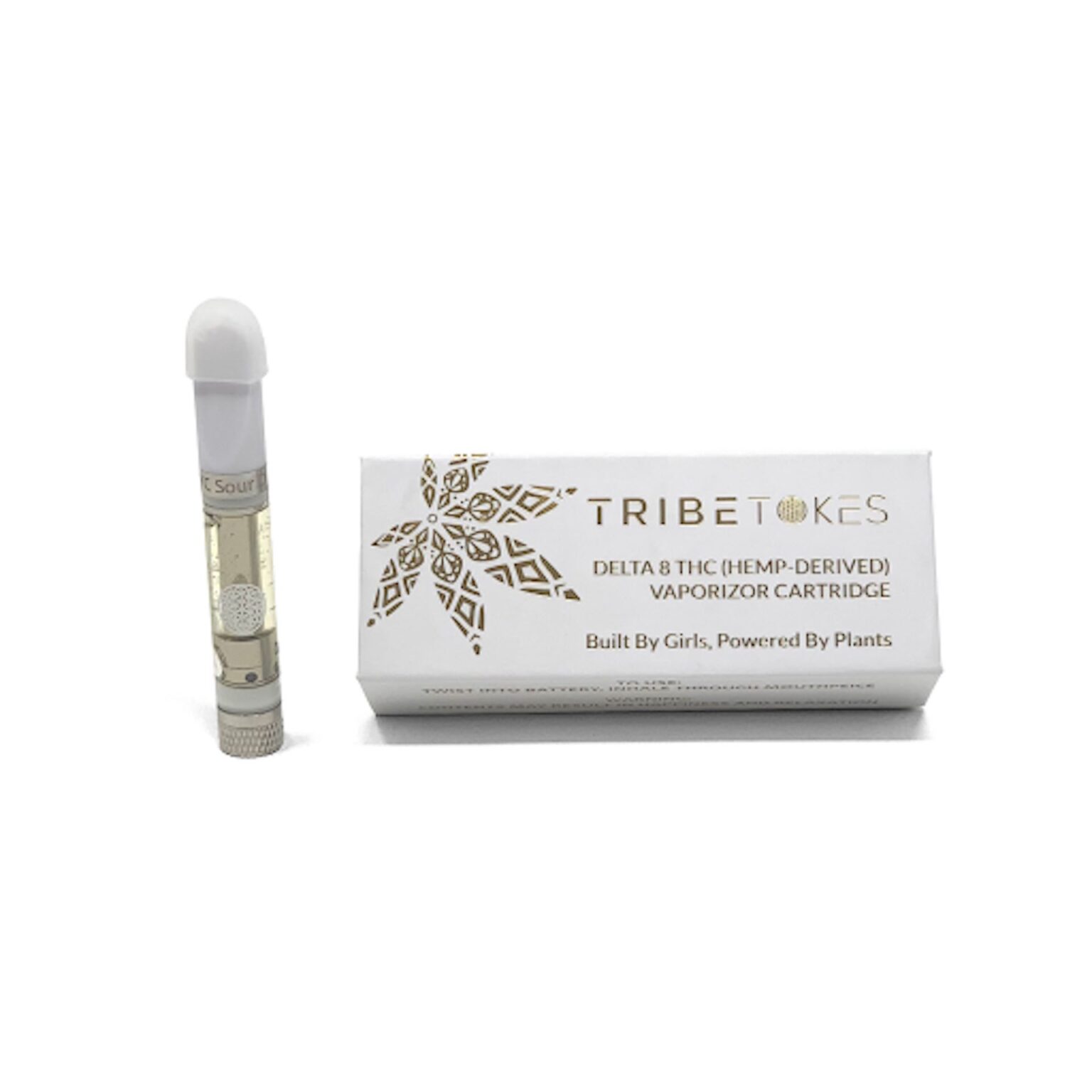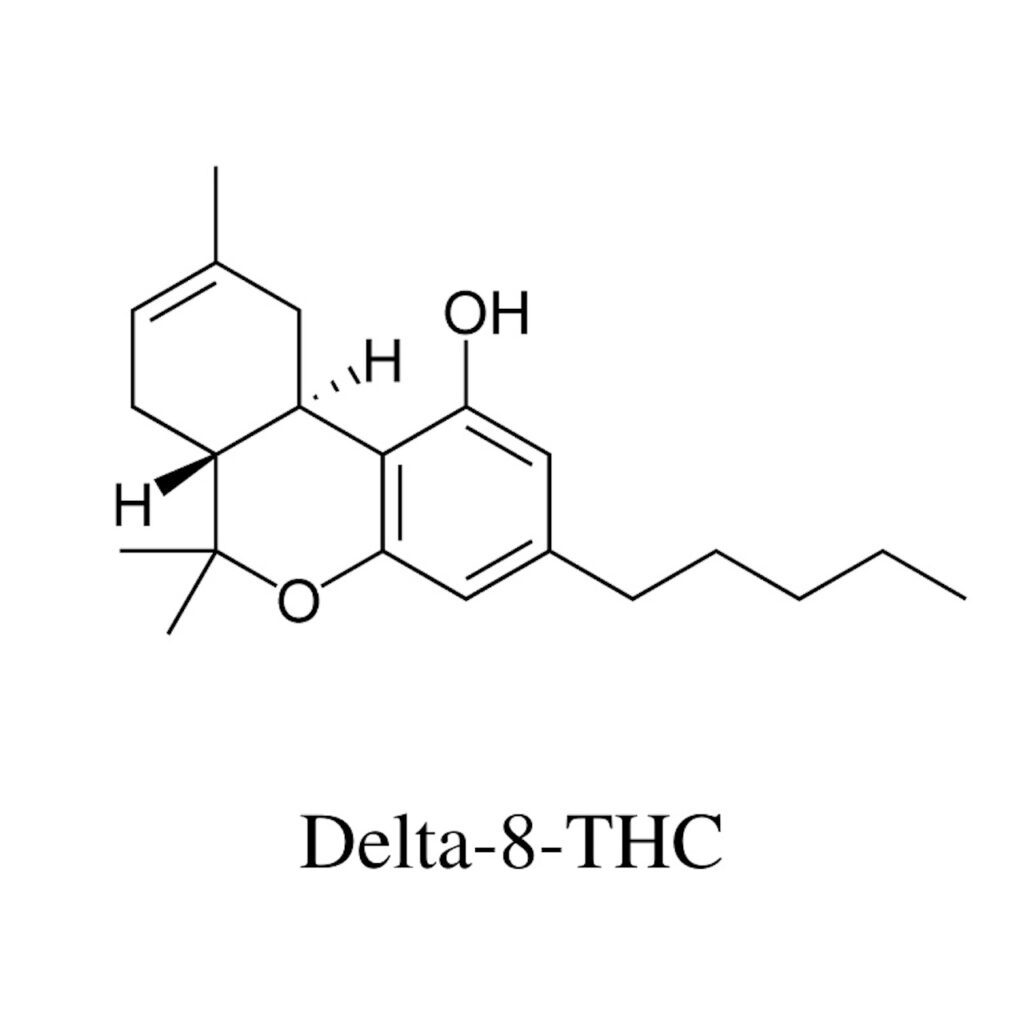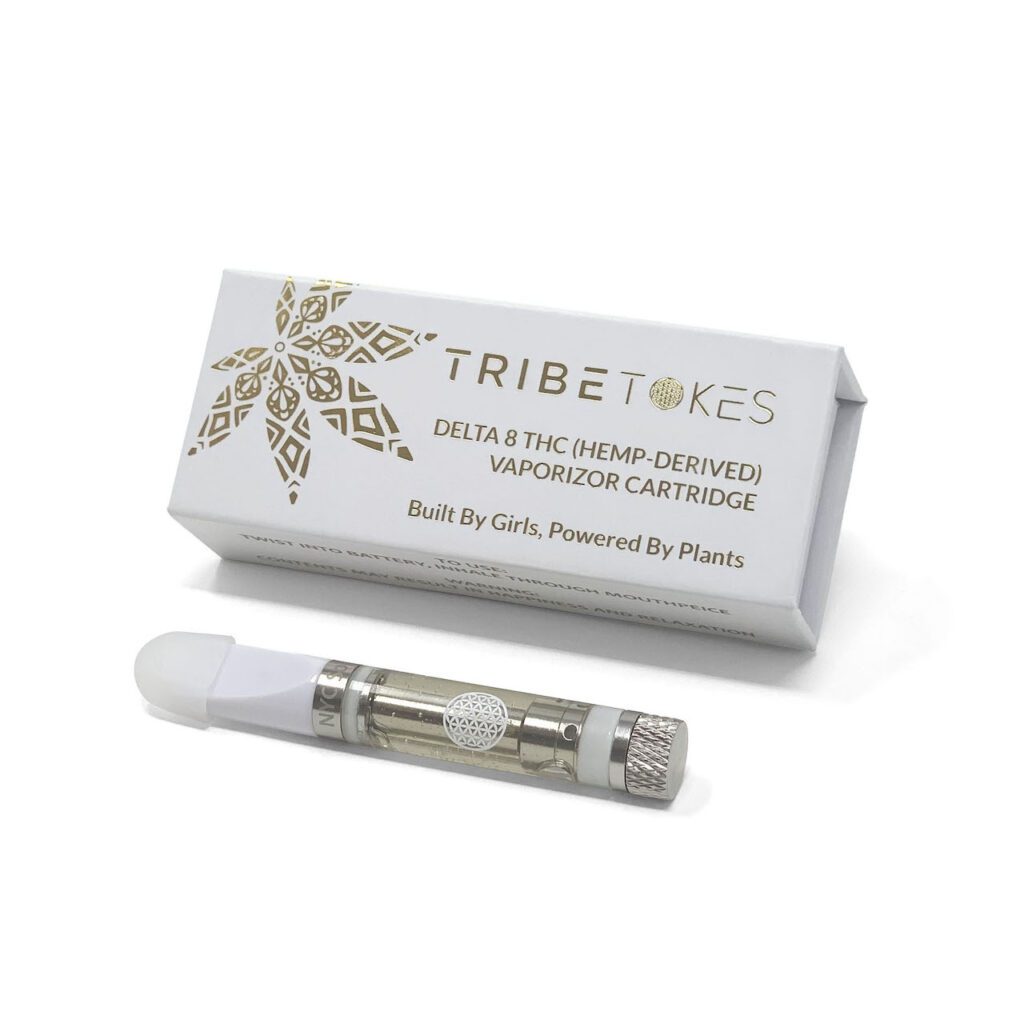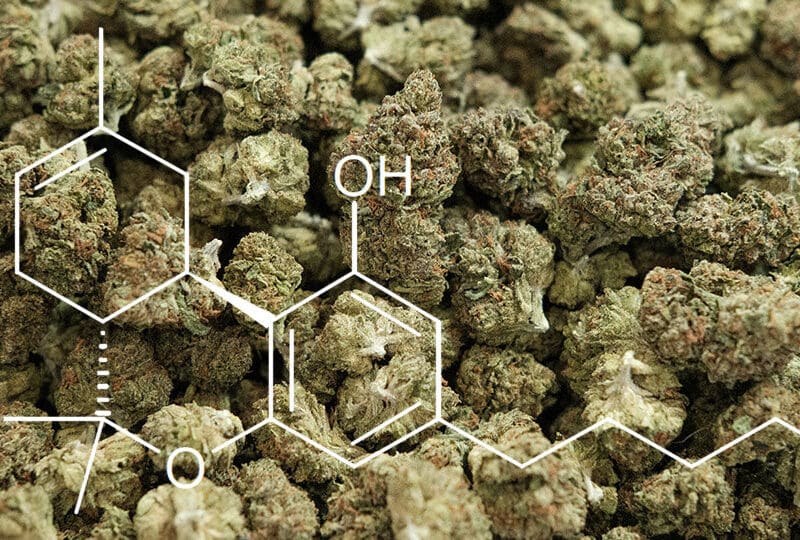
Delta 8 THC 101: A Primer
Delta 8 is a hot topic in the cannabis investment world. But what is this molecule, how are people using it, and how does it fit into the wild world of marijuana?
Delta 8 THC is similar but different to traditional, or “delta 9” THC. It is different by one molecular bond – a small change that has profound implications for not only its effects but its legal status. Delta 8 or “D8” was made federally legal by the 2018 Farm Bill, because it is derived from industrial hemp (most D8 on the market is created from CBD isolate in a manufacturing process). Some states have chosen to ban it, but most states still allow its sale.
Delta 8 falls somewhere nicely between smoking a joint and drinking a glass of wine and provides a mild euphoric feeling. Many consumers actually prefer the effects to that of marijuana, and its easier to purchase online and at CBD stores, without the huge tax bill.
Most people choose to vape Delta 8 or to consume it in D8 gummy form.

How is Delta 8 THC Different from Delta 9 THC?
Delta 9 THC is the traditional THC people are used to. It is highly regulated, gets you high and comes from marijuana plants. “Delta” refers to the double bond in the compound’s molecular structure – the difference between Delta-8 and Delta-9 THC is where the double bond is on the chain of carbon atoms (on the 8th carbon chain vs the 9th). This may seem like a small difference, but it’s significant enough to produce different cognitive and physical effects.
History of Delta 8 THC
Delta 8 was discovered in 1965 by cannabis researcher Dr. Raphael Mechoulam. Since then, studies in Israel (where most cannabis studies are conducted due to legal issues) have demonstrated promising results for Delta-8 in reducing chemotherapy side effects. Studies also show that Delta 8 could help the body produce a neurotransmitter that helps memory, arousal, and neuroplasticity. Research is still early and more work needs to be done, and will hopefully proliferate with the recent popularity of cannabis.

Delta 8 Vapes – Things To Know
The biggest problem that has plagued the vaping market is the use of cutting agents and fillers often found in “vape juice” – these are carriers for nicotine and became popularized by electronic cigarettes. Companies use fillers instead of full plant extract because vapes are more expensive and harder to make without them. Manufactureres cut corners by using cheap additives such as PG, VG, PEG or MCT Oil.
The best vapes have only two ingredients: cannabis distillate and terpenes for flavor and additional therapeutic benefits. The CBD or Delta 8 distillate provides the cannabinoids and the terpenes help provide fruity or earthier flavor profiles and additional support with mood, sleep, anxiety, pain and the overall vaping experience. It is critical to know what brand you are buying a vape from and trust that they are lab testing their products. For example, Northeast women-owned brand TribeTokes is known for its full plant formulations. These products are more expensive, but for good reason (it costs $400 per batch just for a full panel lab test on a cannabis product).
If you choose to consume cannabis gummies, you should also pay attention to the label – avoid high fructose corn syrup, artificial food coloring and low quality hemp. Independent lab tests from investigative journalists have revealed that some CBD and Delta 8 gummies purchased from gas stations actually have little or no active ingredients in them – despite being marketed as being extra strength. No accountability, no bueno.
As the cannabis market continues to grow, so does the catalog of interesting and innovative products on the market. Continue to enjoy but also educate yourself on product ingredients, and celebrate that the days of hiding from law enforcement are behind us!







